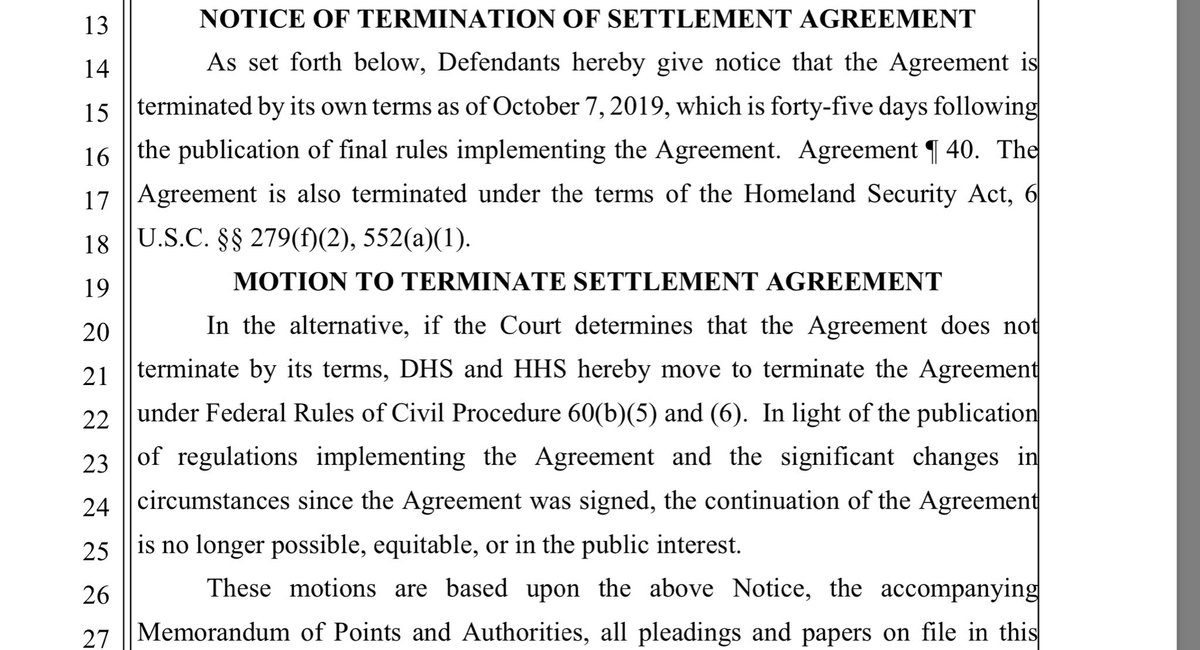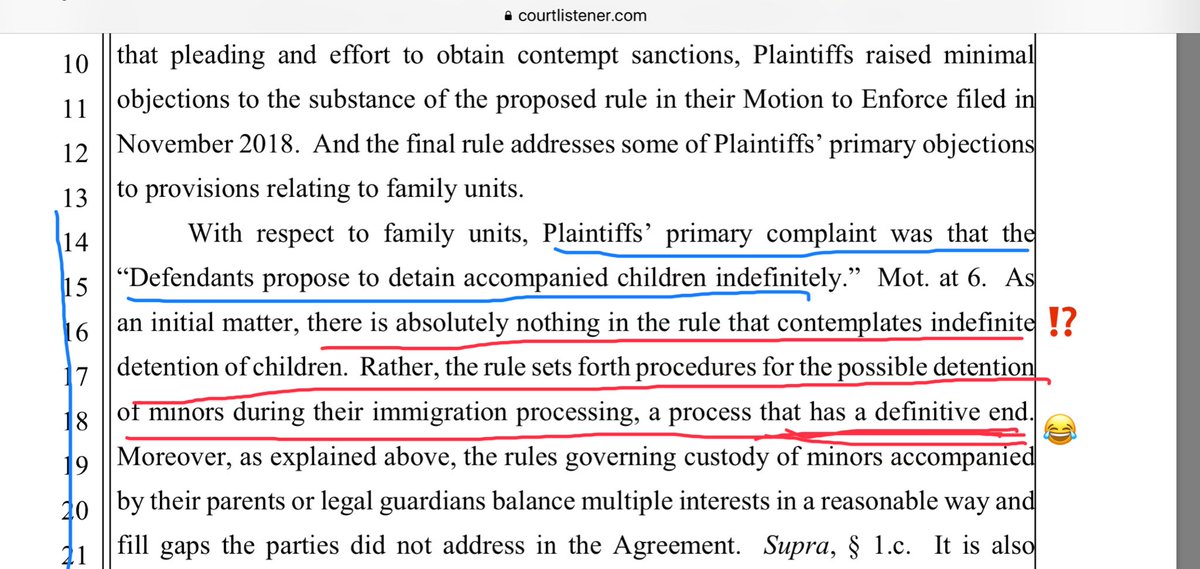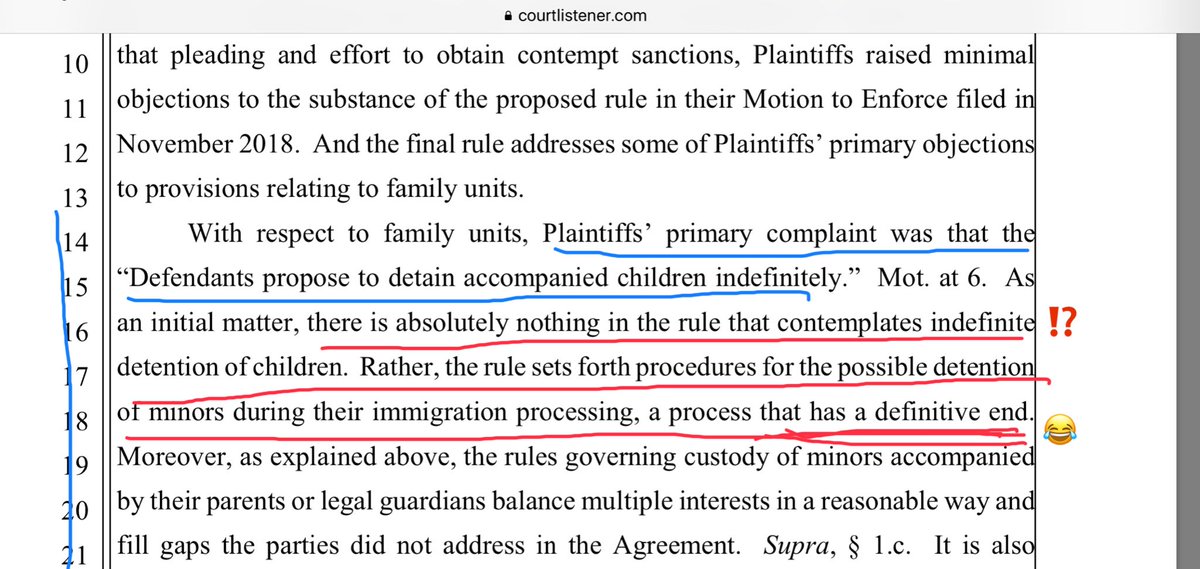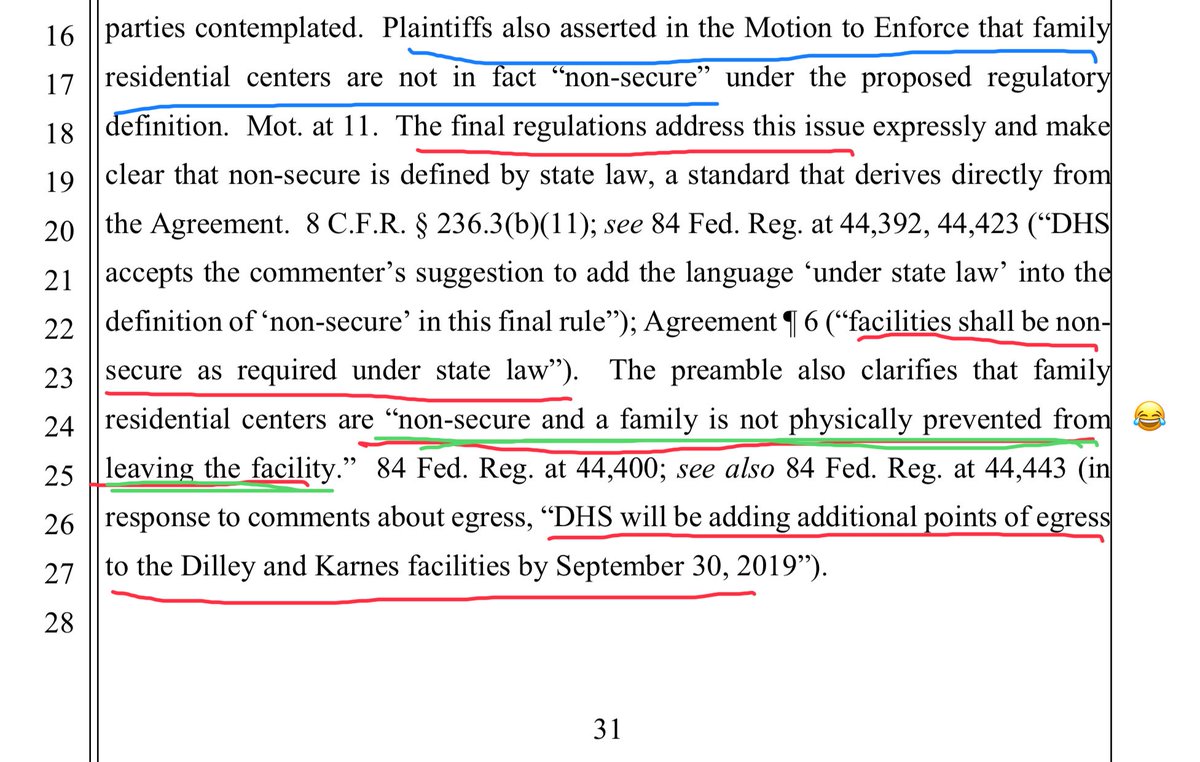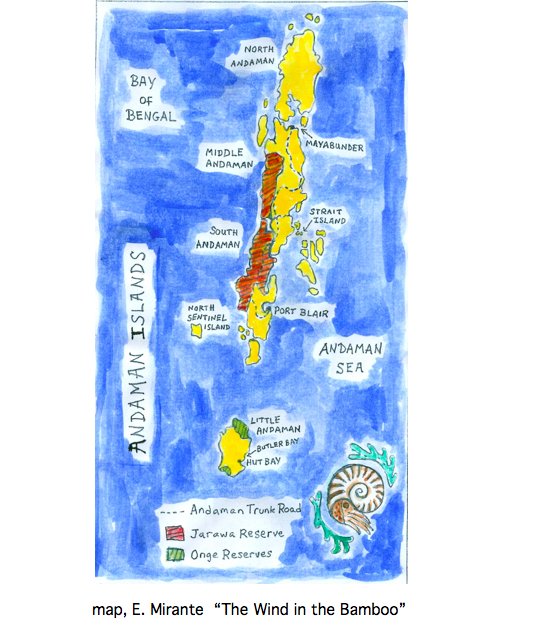As Turkey Day winds down this year, let me lay some Indigenous Peoples history on you that you may have never heard, only tangentially related to the tradition of big, harvest feasts.
I lived in Plymouth, Massachusetts for about 15 years.
But he was a very complicated man, whose idea to help the English may not have been his own.
And, unfortunately for Squanto, they wanted Natives, to sell or show off back home.
How Squanto got from Spain to England isn't known, but once he was in London, some 5 years later, he lived with a merchant and shipbuilder, who eventually sent him, indentured, to Newfoundland and into the path of John Dermer, a ship's captain.
Alas for Tisquantum, Patuxet had been entirely wiped out by illness, likely brought by the English, while he had been gone.
Captured from your home and family, taken to a strange land, and when you finally manage to return, everyone you ever knew is dead.
Things came to a head when Dermer's ship was attacked by the Capawack on what's now Martha's Vineyard.
They then turned him over to Massasoit, sachem of the Wampanoag.
That fall, the Pilgrims arrived.
In the spring, Massasoit hoped to broker some kind of deal with these English -- who, with women and children among them, were different than all the other traders. Better or worse, he could not know.
So Massasoit sent Squanto and one of his own men, Samoset, to check out the settlement.
To sweeten the deal for Squanto, Massasoit promised him his freedom if he was successful.
And he was.
In fact, he lived with the English for the rest of his life, and became a good friend of Governor Bradford's.
He enriched himself variously, by telling the settlers, for instance, that Massasoit planned to attack, and could only be appeased through gifts... which he would then keep for himself.
The English had taken him from his people and enslaved him. Massasoit had used him for his own ends. He had lost his entire family.
It's not terribly surprising he'd want some of his own back.
He even sent along a knife for them to do the job.
Bradford had found him too valuable as an interpreter, and Squanto had been an enormous help in quelling several actual hostile actions before they turned into battles.
Tisquantum's story is complicated. In the end, he was no myth, but human. Like all of us.
/fin



